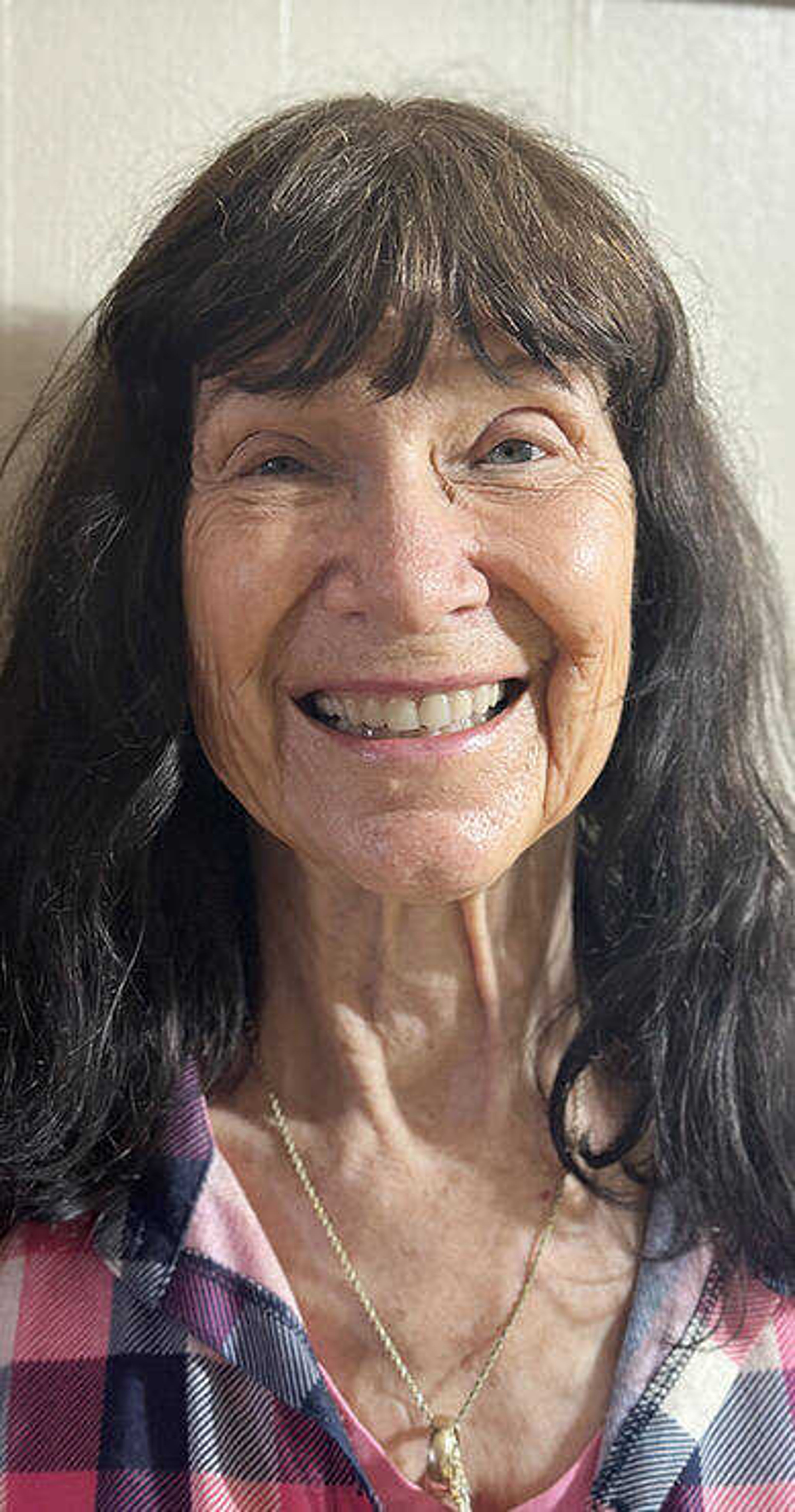Just thinking
Do you know what you think about all day, and how much those thoughts impact your being? Little do we know how important it is to mentally keep track of what's going on inside our heads? Studies have shown that the direction in which our thoughts lead us often determines the condition of our physical and psychological health. ...
Do you know what you think about all day, and how much those thoughts impact your being?
Little do we know how important it is to mentally keep track of what's going on inside our heads? Studies have shown that the direction in which our thoughts lead us often determines the condition of our physical and psychological health. Not only are our physical health and mental well-being affected by what we think, but also our emotional stability. Thought energy can be positive or negative, and influences our success or failure.
Do we focus on fears and failures that hold us back--those tucked deep within? Or do we search for happier futures, hopes and dreams--those of which we can still obtain? St. John XX111 said, "Consult not your fears but your hopes and your dreams. Think not about your frustrations, but about your unfulfilled potential. Concern yourself not with what you tried and failed in, but what is still possible for you to do." Many recommendations set forth by St. John XXIII have to do with our attitude toward what has happened in our past. We are advised to think in terms of possibility rather than inability. We have possibly been stalled in what we've wanted to attempt during the whole of our lives, because of something or someone hidden in our past.
Only we can control what we think about all day long. Our thoughts can either rescue or destroy us.
When people begin to approach old age, one sees varied outlooks and adaptations to this new stage of life. Wisdom is invaluable, but often that gift, available to only the elderly, is overlooked. The aged, themselves, have to squash that myth. Society seems to categorize individuals into groups that don't fit everyone. Those that are able, and that possess the desire and skills to reach for new horizons, even in old age, should do so. It truly is never too late to begin something new, if "you" believe you can. God has given everyone gifts that suit the individual person--not that of a stereotype.
I have an elderly relative who still lives alone. Mattie lives by herself, at 94 years of age. She tries, constantly, to fill her days and be as independent as she possibly can. My husband and I make every effort to have her come and stay a week or two with us each summer. She is, now trying to decide, if she's able to come, again, this year. Although she is becoming more and more feeble, I hope she will make the effort to come, again. I had noticed Mattie had been acting rather depressed and out of sorts, a while back, so I approached her, again, to come and visit. Upon hearing my most recent invitation, I recognized that Mattie immediately perked up. She has a goal in mind--one that is energizing, hopeful and comforting. Her thoughts seem to have gone from despair to hope. I hope she follows through with her visit.
Although planning for the future is sometimes frowned upon in lieu of living in the present, looking toward the future takes nothing away from living in the present. We have to recognize that the future realization of our wishes is built on our thoughts in the present--what's present can be a building or a stumbling block toward what is to come. Christian Scripture writes about looking back with remorse, and tells how to deal with mistakes we've made by building toward the future.
A Scripture passage that encourages us to forget the past and look toward the future is in Paul's Letter to the Philippians. He says in verse 3:12, "but one thing I do, forgetting those things which are behind and reaching forward to those things which are ahead, I press toward the goal for the prize of the upward call of God in Christ Jesus." Paul's goal was heaven, so he chose to forget the bad things that he had done and the evil that others had directed against him. He focused on the positive within his mind -- what he was thinking about as he went about his calling. He knew that thinking negatively would only destroy him.
What are we thinking? Are our thoughts slanted toward the negativity of what's passed, or on what we can still do with our lives?
Connect with the Southeast Missourian Newsroom:
For corrections to this story or other insights for the editor, click here. To submit a letter to the editor, click here. To learn about the Southeast Missourian’s AI Policy, click here.









